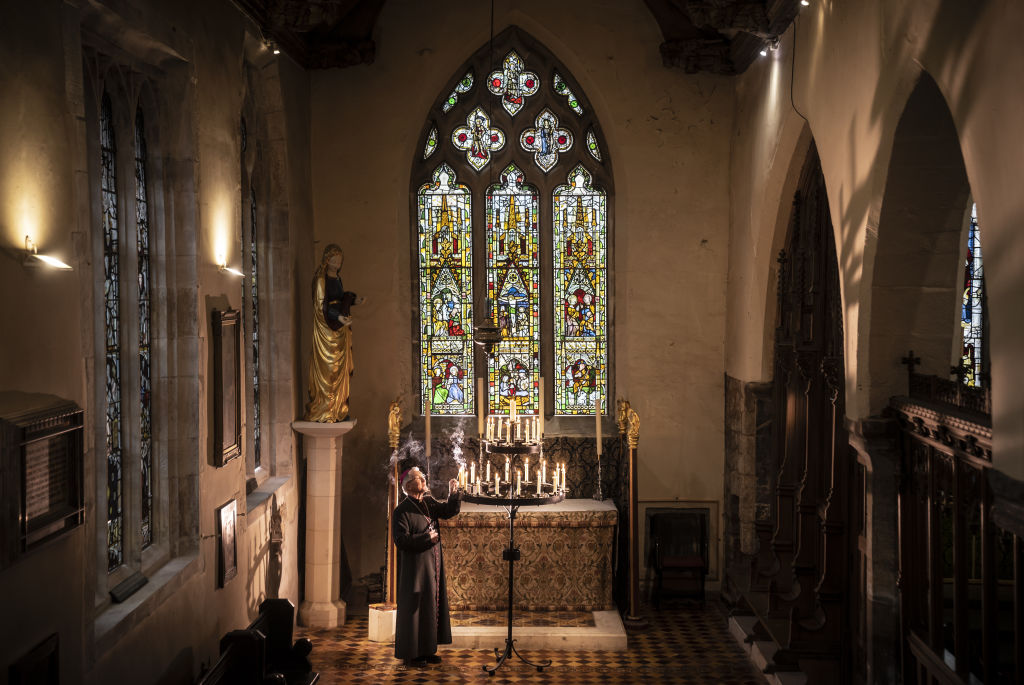The Church of England is launching a commission in the spring to explore whether it should stop referring to God as “He” in its services, and start using a gender-neutral term.

“Christians have recognized since ancient times that God is neither male nor female,” a spokesperson for the Church said Wednesday. “Yet the variety of ways of addressing and describing God found in scripture has not always been reflected in our worship.”
While there are no plans to abolish or substantially revise current church services, any potential alterations would mark a rare departure from traditional teachings dating back millennia. A Church spokesperson said that any change would require “extensive legislation” and approval from the General Synod, the Church’s governing body.
The issue reflects growing global awareness about the usage of pronouns, and how ones pronouns and gender identity do not always align with the gender one was assigned at birth.

Bishop Michael Ipgrave, vice chairman of the Church’s liturgical commission, said the Church had been “exploring the use of gendered language in relation to God for several years,” since the Church started offering services in contemporary language more than 20 years ago.
“After some dialogue between the two commissions in this area, a new joint project on gendered language will begin this spring,” he said. “In common with other potential changes to authorized liturgical provision, changing the wording and number of authorized forms of absolution would require a full synodical process for approval.”
The comments followed an exchange in the General Synod where a priest asked about developing more inclusive language in authorized forms of worship and sought options for those who wish to speak of God in a “non-gendered way.”
It’s unclear if the commission will seek to change the term “Our Father” in the Lord’s Prayer, a central Christian mainstay.
The Church’s Faith and Order Commission — which advises on theology — will work with the liturgical commission on looking at questions around gender terms, the spokesperson said.
Currently, the Church of England gives its clergy some leeway to interpret religious texts and some have already started to integrate gender-neural language in their services, the Washington Post reports.
There is Biblical precedent for referring to God in gender-neutral terms, according to some experts.
“(A)ssigning a gender to God has always been a matter of metaphor, since we are incapable of saying anything that encapsulates divinity effectively in human language,” the Rev. Diarmaid MacCulloch, emeritus professor of the history of the church at Oxford University told the Post.
“It’s therefore only natural that we should explore further how we might speak of God in the liturgy, given the vast shifts in understanding gender and sexuality that are going forward in society,” he added.

In 2018, the Archbishop of Canterbury, the most senior bishop in the Church of England, said that descriptions of God must be “to some degree metaphorical,” because “God is not male or female. God is not definable.”
Others have been less enthusiastic about the potential changes, including Nigel Farage, a British broadcaster and former politician who helped spearhead Brexit as the leader of the U.K. Independence Party and the leader of the Brexit Party.
In a video posted to Twitter, Farage said, “If they’re going to go on down this ridiculous woke route, we may just as well close down the Church of England.”
It remains to be seen what the Church will ultimately decide.
— With files from Reuters




Comments